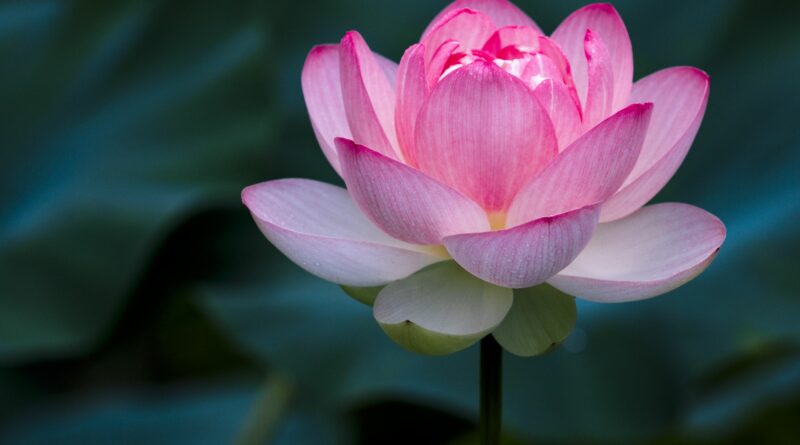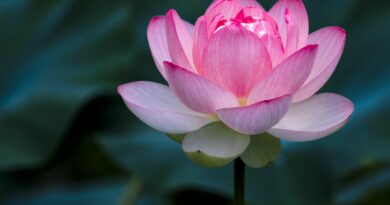GIFTS HE LEFT BEHIND
Gifts he left behind
The Dhamma Legacy of
Phra Ajaan Dune Atulo
(Phra Rājavuḍḍhācariya)
Compiled by
Phra Rājavaraguṇa
Translated from the Thai by
Ṭhānissaro Bhikkhu
COPYRIGHT
Copyright 2016 Ṭhānissaro Bhikkhu
This work is licensed under the Creative Commons Attribution-NonCommercial 4.0 Unported. To see a copy of this license visit http://creativecommons.org/licenses/by-nc/4.0/. “Commercial” shall mean any sale, whether for commercial or non-profit purposes or entities.
Questions about this book may be addressed to
Metta Forest Monastery
Valley Center, CA 92082-1409
U.S.A.
Additional resources
More Dhamma talks, books and translations by Thanissaro Bhikkhu are available to download in digital audio and various ebook formats at dhammatalks.org.
Printed copy
A paperback copy of this book is available free of charge. To request one, write to: Book Request, Metta Forest Monastery, PO Box 1409, Valley Center, CA 92082 USA.
Contents
- Copyright
- A Biographical Sketch
- Introduction
- 1. A Dhamma welcome
- 2. No resistance
- 3. On the four noble truths
- 4. Above & beyond words
- 5. A warning for heedless monks
- 6. Real, but not for real
- 7. Letting go of visions
- 8. External things
- 9. Stopping to know
- 10. Advancement or destruction
- 11. On the ultimate level there’s no desire
- 12. Teaching him a lesson?
- 13. Why do they suffer?
- 14. Inspired words
- 15. More inspired words
- 16. Still more inspired words
- 17. What buddho is like
- 18. For those who want something good
- 19. He does, but he doesn’t
- 20. Aware in time
- 21. Cutting no slack
- 22. Frugal with his words
- 23. Simple, but hard to do
- 24. Throw it away
- 25. A truth in line with the truth
- 26. That wasn’t his aim
- 27. Worlds apart
- 28. One thing only
- 29. What to study and what not to study
- 30. What to watch
- 31. Problems & responsibilities
- 32. The poorer, the happier
- 33. The less, the better
- 34. Didn’t think of that
- 35. Don’t aim in the wrong direction
- 36. In the Buddha’s words
- 37. Those with no fault by way of speech
- 38. The perfection of endurance
- 39. No trouble through his words
- 40. Monks who victimize spirits
- 41. Nice, but…
- 42. Meditators who are uncertain
- 43. When dwelling, dwell above
- 44. Looking for new teachers
- 45. Holding on vs. putting aside
- 46. When the mind resists growing still
- 47. The genuine basis of the Dhamma
- 48. A warning not to be heedless
- 49. Sometimes he came down hard
- 50. Not sidetracked
- 51. Simply a motion
- 52. Seize the opportunity
- 53. The limits of science
- 54. How to extinguish suffering
- 55. The truth is always the same
- 56. Refined
- 57. Empty
- 58. Not all that clear
- 59. Knowledge from study vs. knowledge from practice
- 60. A strategy for loosening attachment
- 61. On eating
- 62. More on eating
- 63. Still more on eating
- 64. Business practices & Dhamma practice
- 65. Buried memories
- 66. In his own style
- 67. “I want to do well in my studies…”
- 68. The purpose of wandering
- 69. To stop you have to know how
- 70. Similar results, but not the same
- 71. There’s only one place
- 72. The world vs. the Dhamma
- 73. Should you ask?
- 74. The purpose of the practice
- 75. Hoping for far-off results
- 76. Nothing more than that
- 77. It’s easy if you’re not attached
- 78. Sometimes what I heard amazed me
- 79. Even this sort of question
- 80. A scolding
- 81. Letting go of one thing to get stuck on another
- 82. A comparison
- 83. Another comparison
- 84. Things outside and in
- 85. Not even the five precepts
- 86. Never perturbed
- 87. How the Dhamma protects
- 88. Only practice can resolve doubt
- 89. Is that all they want?
- 90. No fables
- 91. Strange
- 92. Stranger still
- 93. The truth as he saw it
- 94. Answering questions with questions
- 95. Luang Pu’s habits
- 96. Heavy pain, but not heavy with pain
- 97. A safe shortcut
- 98. Everything comes from action
- 99. Making no show
- 100. The end of rebirth
- 101. A comparison
- 102. The safest way to dwell
- 103. Continued
- 104. The end of stress
- 105. His last illness
- 106. Approaching death
- 107. One last recollection of the Dhamma
- 108. Final words
- 109. A moment of wilderness in the city
- 110. Even the timing was apt
- 111. No bad karma with regard to the body
- Glossary



